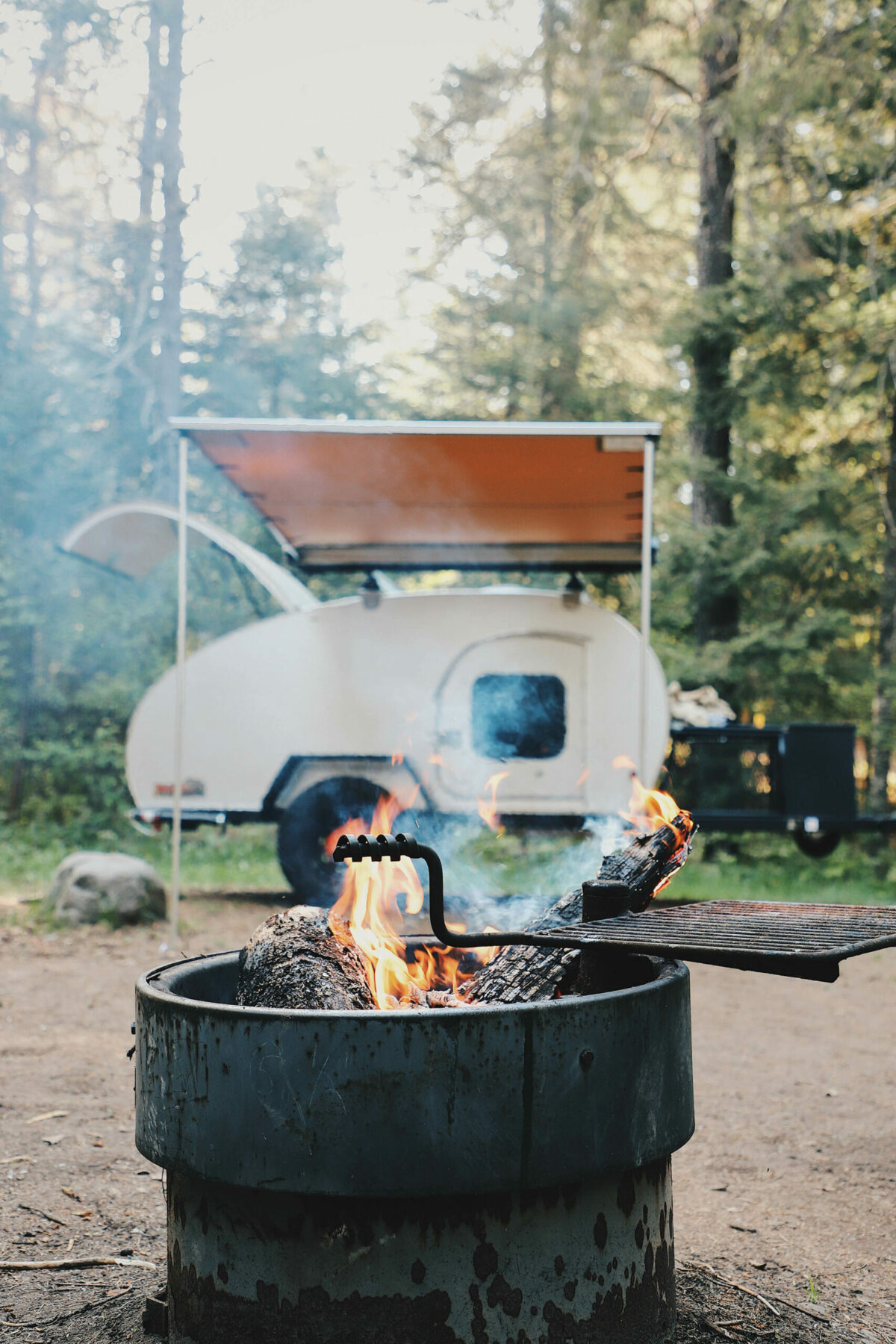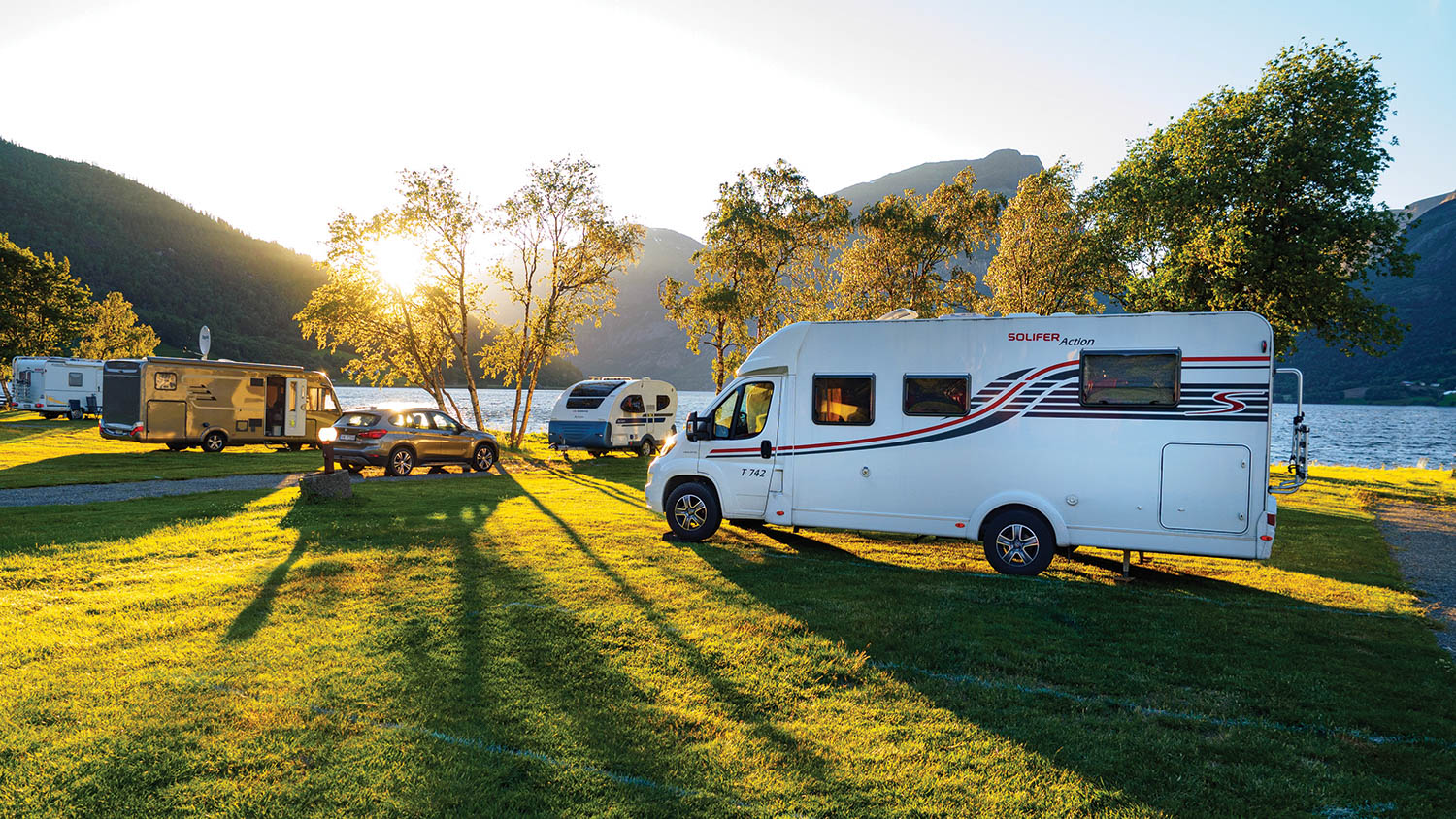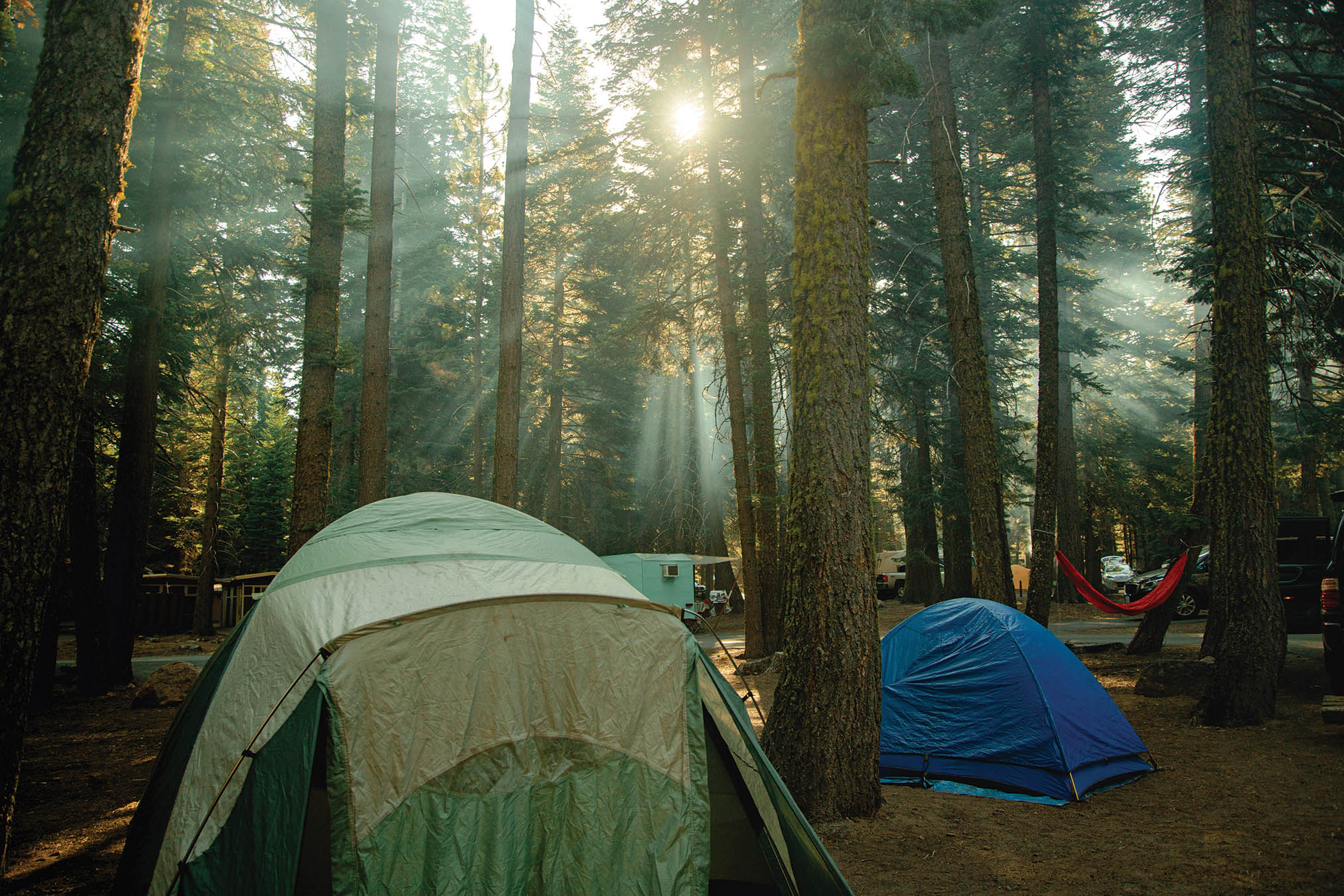Top 7 Courtesy Principles of Texas State Parks

With summer’s peak approaching, your vacation time probably includes at least one visit to a nearby state park. However, there are some key things to keep in mind to be courteous to the park and the people around you.
While everyone has probably heard of the phrase “leave no trace,” there is more to it than most know. Katie Raney, a Texas Parks & Wildlife Regional Interpretive Specialist, shares the seven principles of truly leaving no trace.
1. Plan Ahead and Prepare
Raney says courtesy for the park doesn’t begin once you arrive.
“(Courtesy) starts before you get to the park,” Raney says. “Do research, check the website and see if you need to buy a permit… There are a limited number of parking spots, and septic systems can only take so much.”
Additionally, all state parks require a valid permit from visitors, no matter their reason for visiting. Raney says this includes a day-use permit for people visiting just to picnic or hike or a camping permit for overnight stays in a cabin or at a campsite.
While all parks require permits to visit, quieter parks are more flexible about when permits need to be purchased. If you’re attempting to visit a more popular state park or planning on camping or hiking on a popular weekend (such as Memorial weekend or the Fourth of July), Raney says getting a permit beforehand is paramount to fully enjoy the park.
2. Travel and Camp on Durable Surfaces
While visiting a state park, it’s important to stick to the paths and areas made specifically for humans.
“Sticking to the trail is better for the environment and it’s better for you because it’s safer,” Raney says. “You still have to watch your step, but you’re not having to bushwhack.”

3. Dispose of Waste Properly
Disposing of waste is more than just throwing away the plastic wrapping for food; it also includes picking up after your pets. There are poop bags available, but bringing your own is recommended due to the high influx of people.
Keeping your pets on a leash is another way to be courteous, as other people could be allergic, scared or just not a fan of dogs. Try to keep an eye on your pets as they look for a bathroom so they aren’t in the middle of the road, in front of the public bathrooms or hiding behind a tree.
4. Leave What You Find
As tempting as it is to pluck a flower, artifact or even animal from the park as a keepsake, it’s actually a crime in Texas.
“(Taking from the park) messes with the local ecosystem as well, making it harder for the wildlife to grow (as) it should,” Raney says. “For me, it’s less about the legality of it and more wanting to preserve the park system for the next generation (and) visitors.”
While that flower may look like it won’t be missed, each organism is vital to the ecosystem. The critters and insects need those smaller plants, even though they may seem insignificant to us.
5. Minimizing Campfire Impact
Raney suggests checking if the area has a burn ban. While a burn ban is placed by the county, you’ll want to check with the specific park as rules may be different depending on its location.
Additionally, it’s against Texas state park rules to forage for firewood in the park; you either must bring your own or purchase some from nearby towns. Sometimes parks sell firewood, but it wouldn’t hurt to check with the park beforehand. Even kindling should be purchased beforehand as Raney says wood plays an important role in the forest.
“Big (and) small logs are fodder for insects and other small creatures to live in or feed on,” Raney says. “Eventually, they become soil or fertilizer for that next generation of plant and animal life. It’s part of that specific forest cycle.”

6. Respect Wildlife
While most know to leave the deer crossing the roads alone, Raney says animals you see on your campground should also be left alone. Wild animals are not pets, and while some may look cute and cuddly, they can be quite vicious.
7. Be Considerate of Other Visitors
Ultimately, Raney says to be cognizant of others around you and how you are impacting them, whether you are hiking or camping. For example, all state parks have quiet hours from 10 p.m. to 6 a.m., so make sure you’re respecting those times.
Visiting state parks can hold some of the best memories of life, from fishing to camping to hiking, but being considerate of those around you — both people and wildlife — will make the visit all the better.






